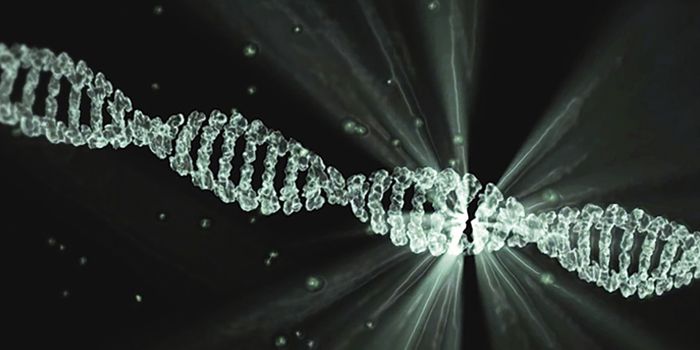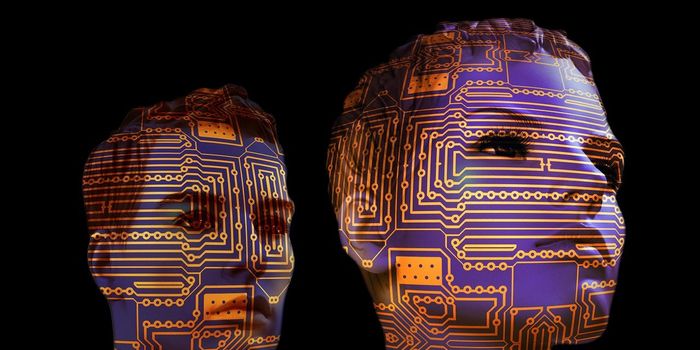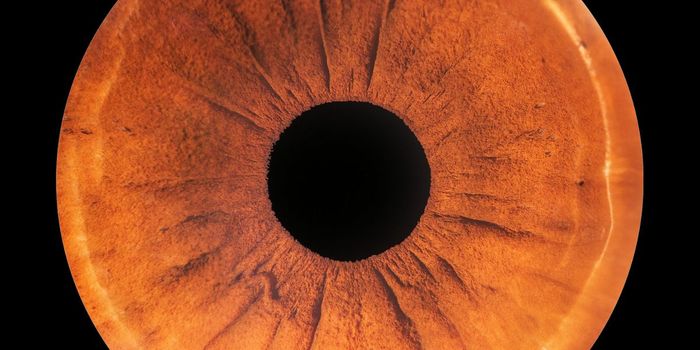Novel Blood Test Rapidly Diagnoses Heart Attacks in Early Stages
It's estimated that about 800,000 people have a heart attack every year in the United States alone. Heart attacks have to be treated immediately for the best patient outcomes, but the earliest signs of a heart attack can be subtle. Unfortunately, diagnosing one may be challenging even in the clinic, and it's so difficult outside of the clinic, it's nearly "impossible," said research scientist Peng Zheng of Johns Hopkins University (JHU). But a new blood test developed by Zheng and colleagues could help change that. While it requires more development before it's available for use, this test could be applied by first responders or even by people who are at home. The work has been reported in Advanced Science.
“We were able to invent a new technology that can quickly and accurately establish if someone is having a heart attack," said Zheng. This technology may also be modified for detecting biomarkers of other health conditions.
To develop this test, the investigators used biophotonics, in which lasers identify biomarkers. They applied biophotonics to detect the earliest indicators of a heart attack.
Several tests can help diagnose heart attacks in the clinic, like electrocardiograms (ECGs) that measure the heart's electrical activity. But ECGs can take five minutes to perform, and other blood tests that detect biomarkers of heart attacks may take over an hour to provide an answer. These blood tests are also often repeated for confirmation.
But in this new approach, the test result is available in about seven minutes or less, and is more accurate and less expensive that the current options, noted the researchers. While this technology is still only developed for use in a clinical setting, it has the potential to be used by first responders or possibly, by people who are in their home.
“We’re talking about speed, we’re talking about accuracy, and we’re talking of the ability to perform measurements outside of a hospital,” said senior study author Ishan Barman, a bioengineer at JHU. “In the future we hope this could be made into a hand-held instrument like a Star Trek tricorder, where you have a drop of blood and then, voilà, in a few seconds you have detection.”
This tool takes advantage of a specialized chip with a nanostructured “metasurface” that can boost electric and magnetic signals in a spectroscopy analysis. This illuminates heart attack biomarkers within seconds, even when they are present at very low levels. The researchers suggested that it can find biomarkers that current tests cannot detect, or can only detect much further along in the heart attack event.
It may also be modifiable for other uses. “There is enormous commercial potential. There’s nothing that limits this platform technology,” Barman said.
Now the team wants to plan larger clinical trials of the method.
Sources: Johns Hopkins University, Advanced Science









